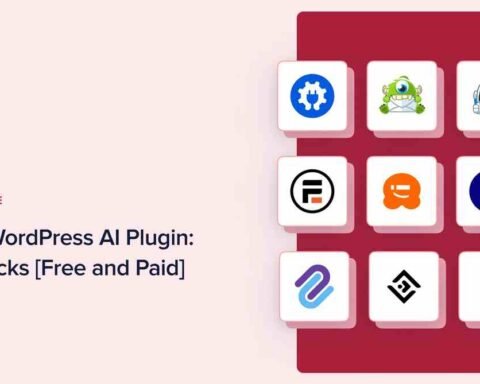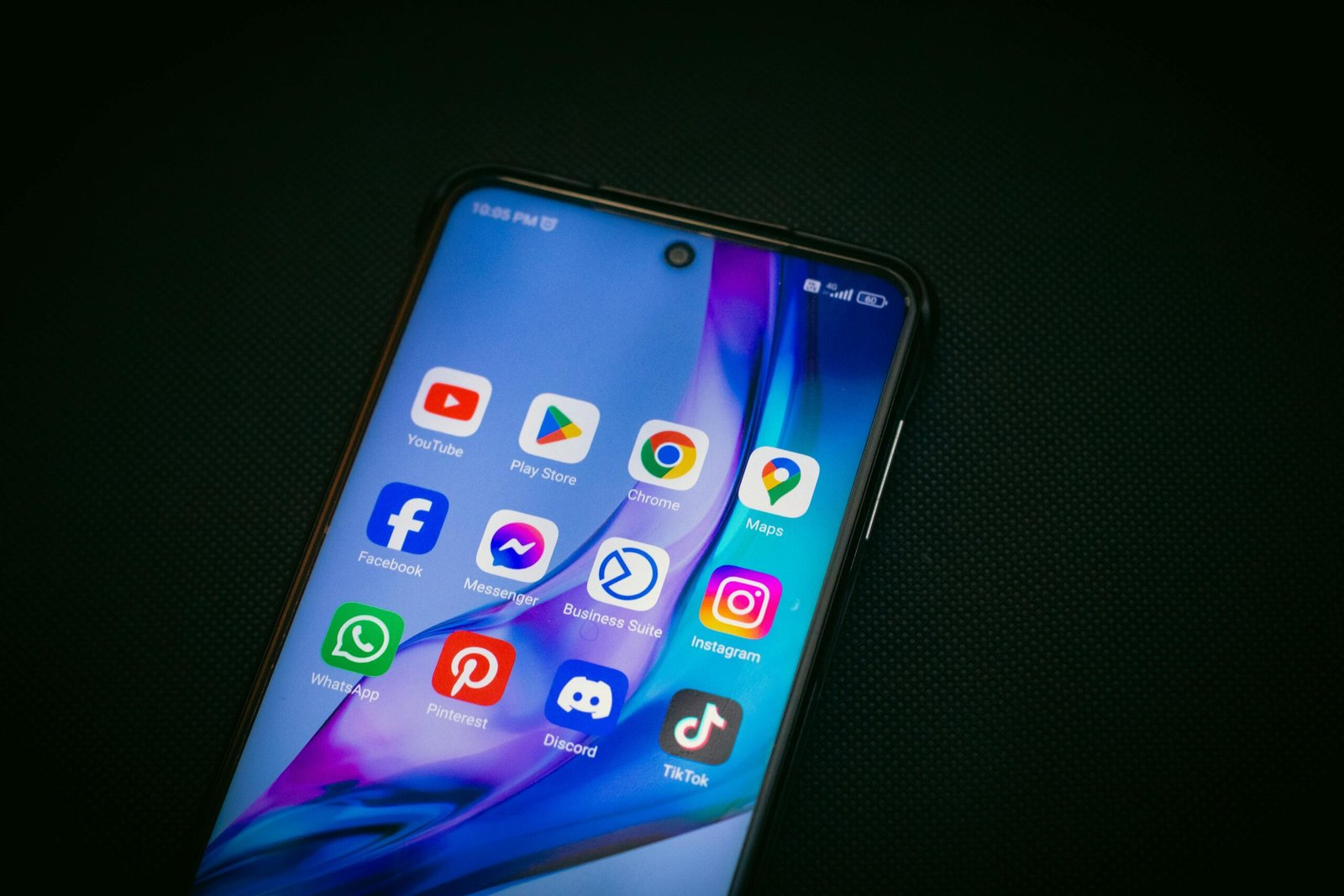In 2025, privacy has become the defining battleground of the digital age. With rising concerns over data leaks, surveillance, and AI-driven profiling, users are finally taking control of their digital lives. The result is a massive shift toward privacy-focused apps that prioritize security, transparency, and user autonomy over profit and ad targeting. From messaging to browsers and file storage, this new generation of tools is reshaping how we interact with technology.
The year 2025 has seen privacy awareness reach an all-time high. Data breaches involving major corporations and governments have made users more skeptical than ever about how their personal information is handled. Simultaneously, the global enforcement of privacy regulations like the Digital Privacy Protection Act (DPPA) and stricter GDPR implementations have pressured tech companies to adopt more ethical data practices. But rather than waiting for big tech to change, users are flocking to alternative apps that already make privacy a core principle.
One of the biggest winners of this movement is the secure messaging app scene. Platforms like Signal and Session have seen massive user spikes thanks to their commitment to end-to-end encryption and zero data logging. Unlike mainstream messengers that collect metadata for advertising purposes, these apps ensure that no one — not even the developers — can access your messages or contacts. In addition, newer entrants such as SimpleX Chat are taking privacy further by eliminating phone numbers as identifiers, allowing for truly anonymous communication.
The privacy revolution extends beyond messaging. Brave and DuckDuckGo have become the default browsers for millions seeking freedom from online tracking. Brave’s built-in ad blocker, private search engine, and crypto-based reward system have helped it carve out a niche as a legitimate alternative to Chrome. Meanwhile, DuckDuckGo continues to champion private search without storing or sharing personal data. Both browsers are now integrating AI-driven features that run locally, ensuring no data ever leaves the user’s device — a significant leap toward maintaining online autonomy.
File storage and sharing are also undergoing a transformation. Services like Proton Drive and Tresorit are gaining ground as privacy-first alternatives to Google Drive and Dropbox. These platforms use end-to-end encryption and decentralized frameworks to prevent unauthorized access. Users have started to value such options not only for personal use but also for professional and enterprise-level security, particularly in industries handling sensitive client data.
Email, long considered the most vulnerable form of digital communication, is also being reinvented. Proton Mail and Tutanota lead the charge, offering fully encrypted inboxes and anonymous account creation options. In a time when phishing and data-mining emails are rampant, these services empower users to communicate safely without compromising usability. Many businesses are now migrating to these platforms to meet compliance standards and reassure clients of their data safety.
What’s notable about this trend is that privacy-first apps are no longer seen as niche or complex. Developers have realized that simplicity and security can coexist. The modern user interface of these apps rivals that of mainstream services, helping them attract non-technical users who simply want peace of mind. The growing integration of AI assistants within privacy frameworks also proves that convenience doesn’t have to come at the cost of safety.
The shift toward privacy-focused technology is also shaping the global app economy. Investors are increasingly supporting startups that build ethical tech solutions, and governments are beginning to endorse tools that respect citizens’ data rights. In 2025, digital trust is not just a moral preference — it’s becoming a market demand. Businesses that fail to adopt privacy-by-design models are already seeing a decline in user engagement.
Looking ahead, the dominance of privacy-centric apps seems inevitable. As AI becomes more powerful and surveillance technologies more pervasive, users will continue to seek tools that safeguard their digital identities. The surge in privacy-focused applications signals a broader transformation — one where individuals reclaim ownership of their data and demand transparency from the digital services they use daily.
In essence, 2025 marks a turning point in the app ecosystem. The popularity of privacy-driven platforms proves that users value freedom, security, and integrity more than ever before. As technology continues to evolve, this growing respect for privacy may well define the next era of the internet — one built not on exploitation, but on trust.
























